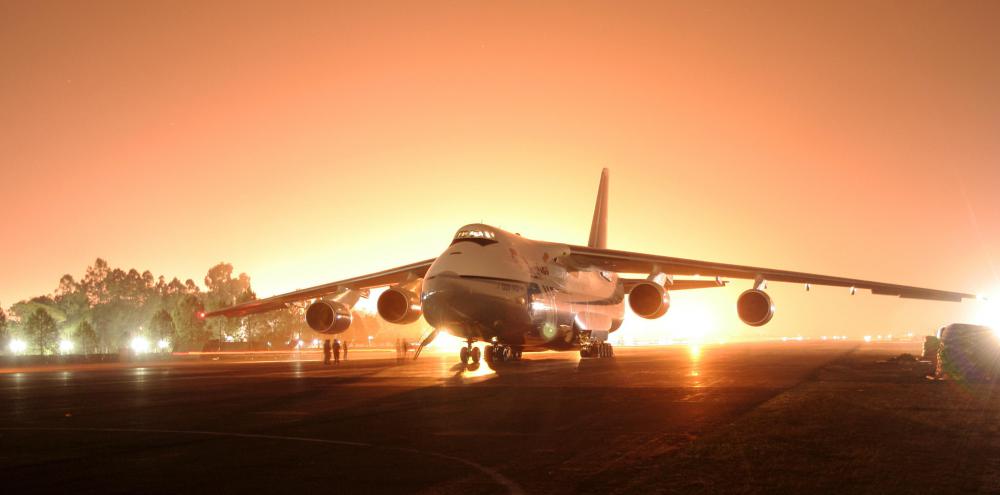At WiseGEEK, we're committed to delivering accurate, trustworthy information. Our expert-authored content is rigorously fact-checked and sourced from credible authorities. Discover how we uphold the highest standards in providing you with reliable knowledge.
What is Barotrauma?
Barotrauma is the injury or discomfort felt during a change in pressure between an air-filled body cavity and the outside atmosphere. It is most commonly experienced as pressure in a passenger's ears during an airplane's takeoff or landing. Barotrauma is also commonly felt in a scuba diver's ears as he or she descends in the water.
The body has acclimated to a certain atmospheric pressure on land, and because most areas of the body are solid or liquid, these parts can generally withstand any changes in the outside air or water pressure. A few areas, however, such as the ears, sinuses and lungs, are filled with air, and, as a result, they must either expand or contract to deal with more drastic or sudden atmospheric changes. A rapid change, however, can rupture delicate tissue.

This is one practical example of Boyle's law, which states that if the temperature stays the same, the volume of a gas is inversely proportional to the absolute pressure. This relationship between volume and pressure explains why when you are flying in an airplane, a closed, half-full bottle of water will pop when opened after takeoff, and why the empty bottle is crushed upon landing. The volume of the bottle expands on takeoff because of the decreased air pressure that exists outside of the bottle. Inversely, the empty bottle's volume decreases as the external air pressure increases.

While barotrauma is usually found in air travelers and divers, those on a ventilator are at risk if the machine pumps too much air into the lungs. Also, those discharging a gun or standing near another kind of explosive blast can be affected by the pressure wave.
Barotrauma is felt as a simple popping of the ears while flying or as a possibly deadly rupture of the lungs when a scuba diver ascends to the surface too quickly. Symptoms include: pain or discomfort in the ear, sinuses, face, teeth, intestines or lungs; a stuffy or full feeling in the ears; headache; nausea; and dizziness.

Simple precautions can prevent or ease the barotrauma. Those experiencing pain should try to equalize the pressure between the inside cavity and the outside. On an airplane, passengers can yawn, swallow or chew gum. Babies should nurse or drink from a bottle during takeoff and landing. Scuba divers often do the Valsalva maneuver to clear air pockets in their ears and mask. The Valsalva maneuver consists of forcibly blowing air through their nose while holding their nostrils closed. Divers are also taught to ascend slowly, rising no faster than their bubbles, in order to allow their lungs to equalize slowly.
AS FEATURED ON:
AS FEATURED ON:














Discussion Comments
Can you tell me how many cases of "Airplane Ear" are reported/treated every year in the U.S.? How prevalent is the condition? Thank you
dryfly
I had a barotrauma on my ear due to flying this saturday. I had severe ear pain and had to see a doctor, since it didn't go away after 12 hours. Now I am OK, but I have a flight to take on Saturday. I am wondering if it is safe for me to travel on Saturday. Any advice? Thanks
I have also experienced this. There have been times that I have flown during the time of year when my hay-fever was severe.
I had clogged sinuses and it definitely affected the pressure I felt in my ears and sinuses during takeoff and landing.
It was a very sharp pain that lasted for about 20 seconds before it slowly dissipated.
There are times when I fly and do not feel pressure in my ears. However, a few times the pressure and pain in my ears was so severe, I was afraid something will pop. I wonder if having symptoms of a cold aggravates the situation?
Post your comments